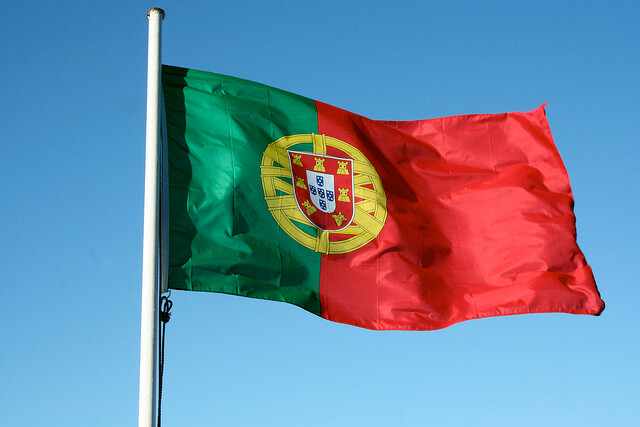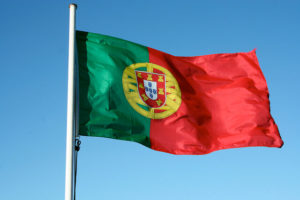Portuguese gambling revenue and player registrations fall in Q2

Revenue was up year-on-year but down against the previous quarter.
Portugal.- The Portuguese gaming regulator, the Serviço de Regulação Inspeção de Jogos (SRIJ), has published its statistics for the second quarter. Online gaming and betting revenue came in at €146.4m, which was a rise of 17.2 per cent year-on-year but a drop of 7.7 per cent against a very strong Q1.
Sports betting generated €64.7 and online gaming €81.7. The Special Tax on Online Gaming (IEJO) returned €44.9m, compared to €38.8m in Q2 2021. Meanwhile, the number of new player registrations also fell in the quarter, dropping by 23.1 per cent.
At the same time, self exclusions rose by 7.7 per cent. Self exclusions now stand at 3.5 per cent of all registered players, and 91.8 per cent of those excluding chose to do so for an unlimited period of time.
Meanwhile, the SRIJ reported that it had issued 54 closure notices to websites in the quarter, taking the total number issued since it began records in 2015 to 980. It also made 34 new ISP blocks, taking the total to 1,234.
The regulator said it had also conducted monitoring and awareness-raising campaigns to tackle advertising for unlicensed gaming. This has included actions leading to the removal of 400 videos that advertised illegal gambling sites, with 20 of those in the last quarter.
In May, the SRIJ approved regulations allowing crash games in the country. Existing licensed operators can apply for permission to offer them.
These are games banked by the house that let customers play against the operator with a multiplier, which increases through the game from 1 to a maximum of 100. The idea is that players aim to pull their bet before the end of the game to recover their stake multiplied by the current multiplier if they manage to do so.
Earlier in the year, it implemented a new rule taking a hard line on live odds. Rule No.1/2022/SRIJ prohibits gambling operators from publishing live odds on sports events on any platform, physical or online, including on advertising boards at stadiums and arenas.
The display of live, up-to-date odds will be considered illegal advertising and could result in regulatory action, it said. The move follows the national legislature’s approval of new limits on gambling advertising last October. Other countries, including the Netherlands, have introduced similar measures.









